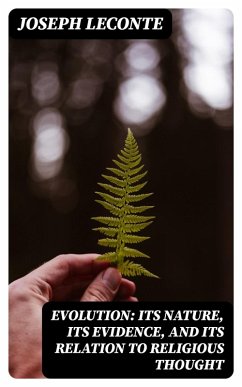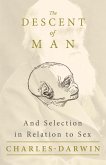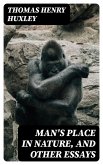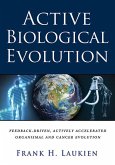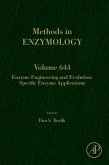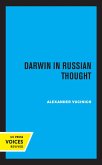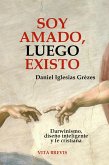In "Evolution: Its Nature, Its Evidence, and Its Relation to Religious Thought," Joseph LeConte presents a comprehensive exploration of evolutionary theory during a pivotal time in American intellectual history. The book elegantly weaves together scientific evidence, philosophical implications, and theological considerations, reflecting a synthesis of Victorian thought that straddles the realms of science and faith. LeConte employs a didactic literary style, making complex scientific concepts accessible while engaging in rigorous analysis, thus catering to both the educated lay reader and the scholarly audience. His deep engagement with contemporary scientific debates situates the work within a broader discourse on the acceptance and implications of Darwinian evolution in America during the late 19th century. Joseph LeConte, a distinguished geologist and professor at the University of California, was profoundly influenced by the scientific upheaval of his time and the tension between emerging scientific paradigms and established religious beliefs. His unique position as both a scientist and a devout Christian inspired him to address the misconceptions surrounding evolution, advocating for a harmonious relationship between empirical evidence and faith. This dual perspective enriches the text, providing a robust framework for understanding evolutionary thought within the broader context of Victorian society. Highly recommended for scholars, educators, and curious readers alike, LeConte's work is an essential addition to the discourse on evolution and religion. It not only clarifies the scientific foundations of evolutionary theory but also serves as a bridge for those grappling with reconciling faith and science. This book remains a vital resource for anyone seeking to grasp the historical and philosophical dimensions of evolution.
Dieser Download kann aus rechtlichen Gründen nur mit Rechnungsadresse in A, B, BG, CY, CZ, D, DK, EW, E, FIN, F, GR, H, IRL, I, LT, L, LR, M, NL, PL, P, R, S, SLO, SK ausgeliefert werden.

